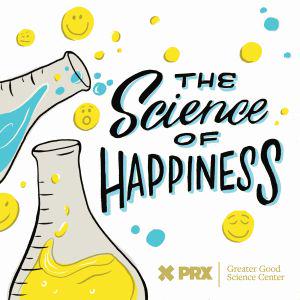Embrace the beauty of your accent in this self-compassion meditation that guides you in a reflection of your history, heritage, and connection to your ancestors.How To Do This Practice:
Find a Comfortable Position: Sit in a relaxed yet alert posture, either on a cushion or chair. Gently lower your gaze or close your eyes if that feels comfortable.
Focus on Your Breath: Take a deep breath in and slowly exhale. Allow yourself to transition from your daily activities into this moment of reflection.
Acknowledge Your Accent: Bring awareness to the way you speak, recognizing that your voice carries your history, culture, and personal journey.
Repeat Self-Compassion Phrases: Silently or aloud, repeat affirmations such as, “my accent makes me unique,” “my accent carries my story,” “my accent connects me to my ancestors.”
Place a Hand on Your Heart: If it feels right, gently place a hand on your heart, offering yourself warmth and kindness as you continue to breathe deeply.
Close with Gratitude: Take a final deep breath, sending appreciation to yourself, your ancestors, and the uniqueness of your voice before gently opening your eyes.
Scroll down for a transcription of this episode.Today’s Happiness Break host:CRISS CUERVO is a mindfulness and meditation teacher, Bridging Differences Coordinator at the Greater Good Science Center, and author of PERTENÆCER: Eight-Week Mindfulness and Meditation Training and Practices for Latinx Immigrants in the United. Learn more about Criss Cuervo here: https://tinyurl.com/4npjwn6mRead her book here: https://tinyurl.com/3byby84bRelated Happiness Break episodes:A Meditation on Original Love: https://tinyurl.com/5u298cv4Loving Kindness Meditation: https://tinyurl.com/2kr4fjz5Where Did You Come From: https://tinyurl.com/2y9uyjj6Related Science of Happiness episodes:How to Show Up For Yourself: https://tinyurl.com/56ktb9xcHow to Tune Out The Noise: https://tinyurl.com/4hhekjuh How to Feel Better About Yourself: https://tinyurl.com/42fn62a2Follow us on Instagram: @ScienceOfHappinessPodWe’d love to hear about your experience with this practice! Share your thoughts at
[email protected] or use the hashtag #happinesspod. Find us on Apple Podcasts: https://tinyurl.com/2p9h5aapHelp us share Happiness Break! Leave a 5-star review and share this link: https://tinyurl.com/2p9h5aapTranscription: https://tinyurl.com/kv5ycj3v
